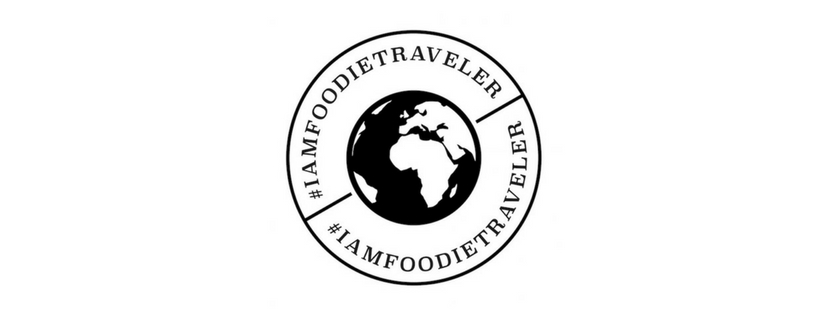7 Healthy Lifestyle Myths
/In recent years, I have noticed that more and more people are becoming interested in a healthy life, with all that means - cleaner eating options, exercise, and maintaining a balance between work and personal lifestyle. But what I have noticed overseeing those around me is that many times, with all good intentions, people are easily confused by new and discoveries that turn upside down what was known as a certain thing at some point. For example, we have been told for a long time not to eat many eggs because our "bad" cholesterol levels increase. Then I found out that the egg contains lecithin, which lowers cholesterol. So we sit with an egg in our hand and wonder if it is a friend or an enemy. Does the egg help us or destroy us? Today, I want to talk about 7 "myths" about healthy living options and decide what to do with them.
"A glass of wine a day is good for your health!"
I heard this since I was a child. There is this belief in Romania and other countries - Greece or Italy, for example. Experts have long argued that a moderate amount of alcohol does not harm health. Still, recent studies say otherwise. Alcohol is associated with heart disease and breast cancer, and to reduce the risks should be drunk in minimal amounts and no case constant. I do the same - I do not drink constantly, but only on special moments, with friends, family, vacation, or when we "wet" with wine at a special event. And I'm convinced that quantity doesn't hurt me.
"Milk is not healthy for adults."
The statement is somehow logical. If we look anywhere in nature, milk is a food for growing puppies. If we follow this principle, we can replace animal milk with vegetable milk, which I find very tasty, and eat sardines and vegetables in abundance to have enough calcium in the body. But, from time to time, especially on cold winter days, I would not give up a glass of warm goat's milk sweetened with a teaspoon of honey. It's delicious.
"You have to sleep 8 hours a night to be healthy!"
Regarding this situation, I finally agree with the specialists, who concluded that we need to sleep as much as we need to recover. For example, I have periods when I can sleep without problems for 6, 7 hours, and I feel OK. Sometimes, I need 9 or even 10 hours to recover after a demanding period. The idea is not to sleep but to have a restful, quality sleep. It also matters what time you go to bed, so at 10 pm I usually try to be in bed. :)
"It is mandatory for your health to drink eight glasses of water a day."
And in this case, I agree with the specialists who demolish this myth and teach us to think more nuanced. Sure, hydration is essential, but if I usually drink a liter of herbal infusion a day, in addition to other liquids (soups, smoothies, lemonade), the eight required glasses are already too much. It is good to consider the weather, physical effort, and other hydration sources, say the specialists. And drink fluids so that the urine is colorless.
"Juices are dangerous to health!"
It is true that, although it is delicious, the juice removes the pulp of the fruit, so rich in nutrients. Nutritionists say that fructose creates certain liver problems because of the fiber we give up, and in the long run, we can have health problems, including obesity or type 2 diabetes. Although I occasionally drink some fruit juice, I am adept at smoothies, much healthier because we use the whole fruit.
"Bread is not good - it fattens, and even it makes you stupid!"
We can ask ourselves why welcoming important guests with bread and salt is a habit because we definitely don't want to hurt them. Specialists disagree with the idea that bread is harmful. This statement has no scientific basis. Bread - if it is good quality, made from wholemeal flour, to enjoy all the nutrients - is a fiber and B source, provides us with energy and gives us a good mental state. Bread increases the level of serotonin in the brain and gives us a good mood. So I don't see why we couldn't enjoy a few slices of bread, especially at breakfast. Don’t exaggerate, and this will not affect you in any way.
"Raw vegan food is much healthier!"
Indeed, raw vegetables should not be missing from our diet if we want to be full of energy. But it is also true that some vegetables help our health more if they are cooked. These include carrots, mushrooms, cabbage, spinach, or asparagus. I solve this dilemma by cooking them very little. And I add a little olive oil because the nutrients in them are better absorbed along with fats. This does not mean that, from time to time, especially in spring, they do not crunch a fresh, raw carrot just out of the ground, especially if you are luckily enough to have a garden of your own to grow them.
What do you think about all these principles of healthy living? Which do you respect, and which do you skip?








